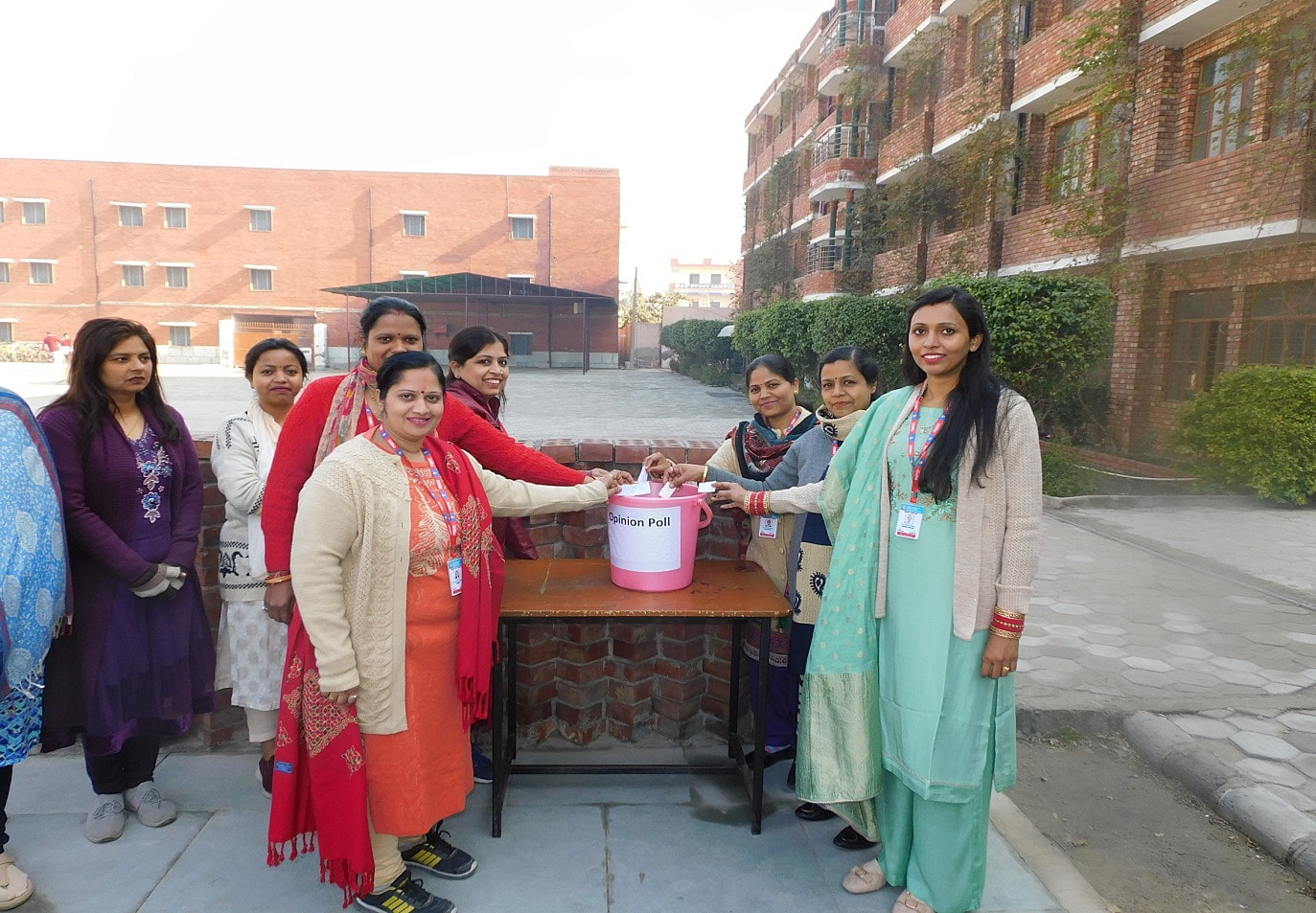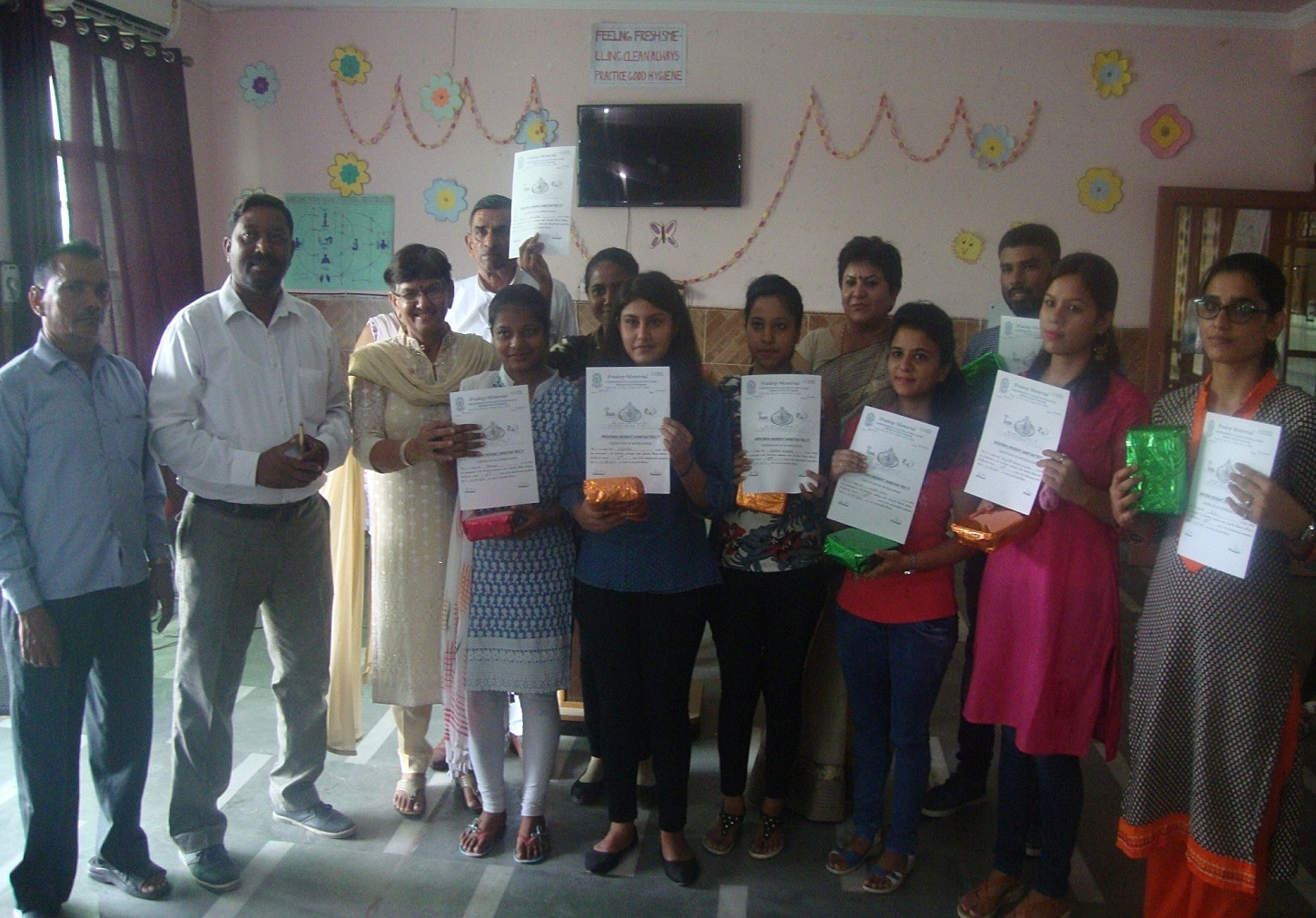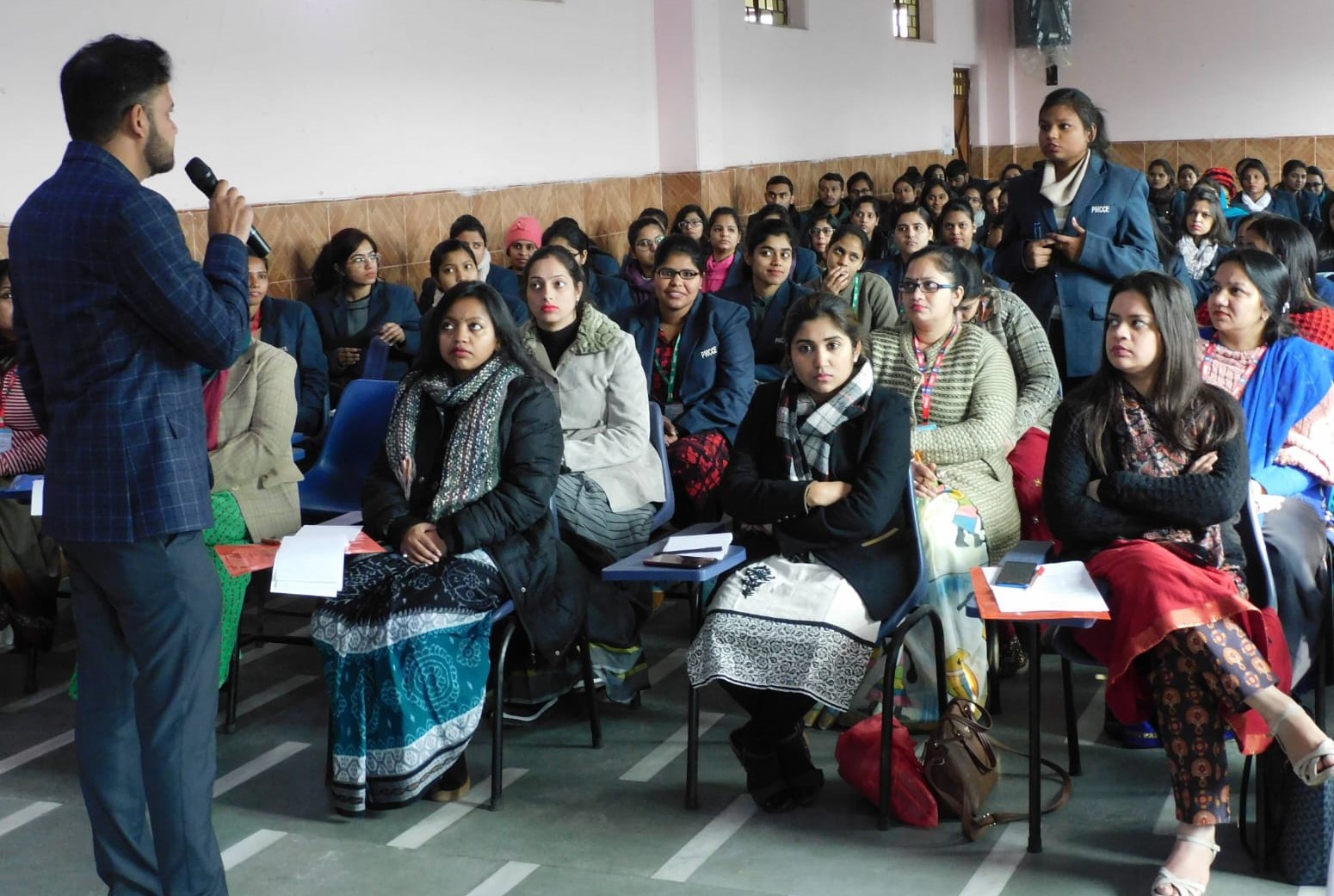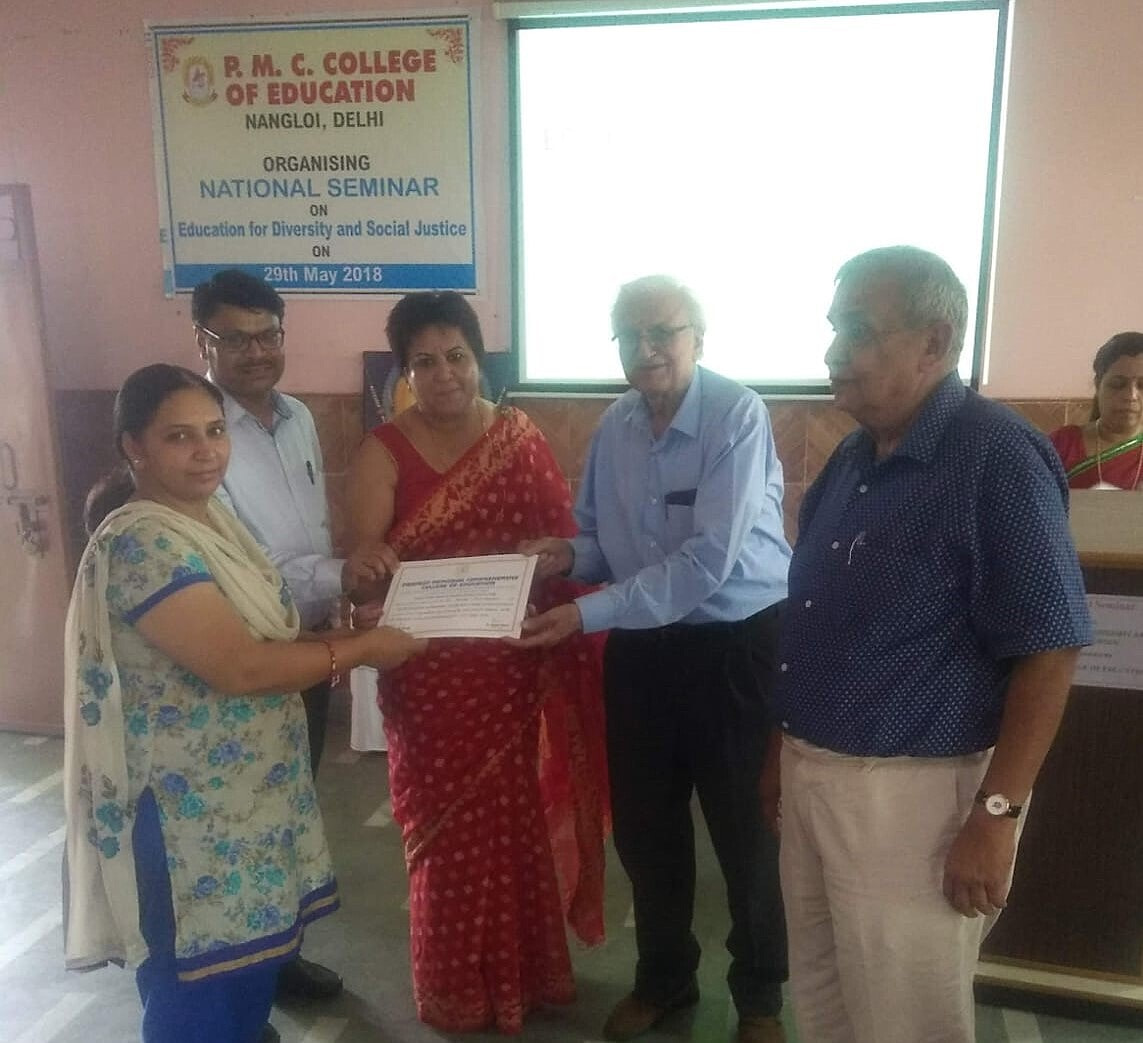
All the activities were very effective in conveying the messages. The Principal appreciated all the faculty members and the students for contributing their part and making Swachhta Pakhwada, 2018, successful.
Policy on the Clean and Green CampusA Green Campus is a place where environmental friendly practices and education combine to promote sustainable and eco-friendly practices in the campus. The green campus concept offers an institution the opportunity to take the lead in redefining its environmental culture and developing new paradigms by creating sustainable solutions to environmental, social and economic needs of the mankind.
College environmental aims and objectivesWaste Management
Water Management
Adopting following measures in campus to reduce water consumption
Major Green Campus Initiatives:
We intend to pursue a programme of continuous improvement in our procedures, practices and review the policy on a regular basis to evaluate continued relevance and to monitor compliance.


INAUGURAL SESSION
The inaugural session began by lighting of the lamp, followed by welcome address by the Principal Dr. Bharti Dimri. Dr. Manisha Minocha then spoke about the themes and subthemes of the seminar.
Professor Dhananjay Joshi from GGSIPU the addressed the participants. Prof. Joshi spoke about the New Policy on Education, which is still in the pipeline, though it should have been completed by 2016. He then quoted aspects of the Constitution that are related to diversity. The Preamble mentions Unity in Diversity. The Rigveda, too emphasizes that education liberates.
Prof. Joshi emphasized the quality of tolerance in teachers. How to make teachers more tolerant is a question being studied. Intolerance in teachers can be attributed to the climate as well as mental and social pollution. In this context were mentioned Parivar and Sanskar. He also commended the power of Democracy in India. Dellor’s Commission and its four pillars were mentioned in this context.
Prof. Joshi touched upon various aspects in the constitution and various documents as RTE, which are related to social justice. He concluded his lecture by suggesting the reading of Rousseau’s Social Contract and congratulated the institution for selecting a topic of such relevance.
Prof. M.C. Sharma from IGNOU, then addressed the participants. According to him, many of the issues in the theme of the seminar remain talk. Also, there is a lack of clarity about Inclusive Education. He then discussed the challenges in quality education, of which ICT is a big challenge. Prof. Sharma emphasized that Value based education would take care of all aspects as diversity and social justice in education. Some major issues related to the theme were mentioned as-
The address was concluded by emphasizing the importance of implementation. With this the Inaugural Session ended after interaction and discussion and the participants dispersed for the Tea Break.
TECHNICAL SESSION I
Technical session I began with an address by Dr. Jitender from CIET. He interacted regarding various types of diversity. He suggested that all teachers must see the movie Hichki. He then went on the explain the aspects of the Constitution that give direction for guiding our education and emphasis is on social justice. He then spoke about respect for all languages and the respect for each child. In effective teaching content is presented involving the child. He then informed that materials are available involving ICT.
Good internship, according to him, is required to prepare teachers, therefore a 6 months internship is required. In the context of evaluation of students during teaching learning process CCE was discussed. The four year integrated course was also mentioned.
The next address was that of Prof. DD Aggarwal who focused on ensuring rights and providing protection. Children everywhere according to him are vulnerable to abuse and exploitation by those in positions of power and trust. Child protection implies the interdisciplinary measures undertaken to guarantee the survival acceptable development of children with respect to their rights. The conventions and treaties on the rights of the child were also discussed. The legal foundation of the child protection mandate in India was discussed as The Juvenile Justice Act 1986; The Commissions for Protection of Child Rights Act, 2005. The various categories of children who need protection were listed as the homeless; abusive guardians; mentally or physically challenged; terminally ill and so on. The different types of crimes against children and the punishment for these was the next aspect considered. The main aspects of the Integrated Child Protection Scheme were highlighted, as care, support and rehabilitation services.
TECHNICAL SESSION II
After lunch Technical Session II began in which Ms Poonam Kumari, gave the details of POCSO, Protection of Children against Sexual Offences, formulated in June 2012. It lists all forms of sexual assault, including touching, behaviors or gestures. The Act recognizes almost every known form of sexual abuse against children as punishable offences. The Act provides for mandatory reporting of sexual offences. It also prescribes punishment for a person if he provides false information to defame any person. It makes the different agencies of the state, such as the police, judiciary and child protection machinery, collaborators in securing justice for a sexually abused child.
After this various paper presenters from different colleges presented their papers.
VALEDICTORY SESSION
The Valedictory Session was presided over by Prof. Chandra Bhushan, who gave the valedictory lecture. Certificates were then distributed to all the participants and paper presenters from various institutions.

© 2024 PMC college of Education. All Rights Reserved. Powered by Factitious Digital